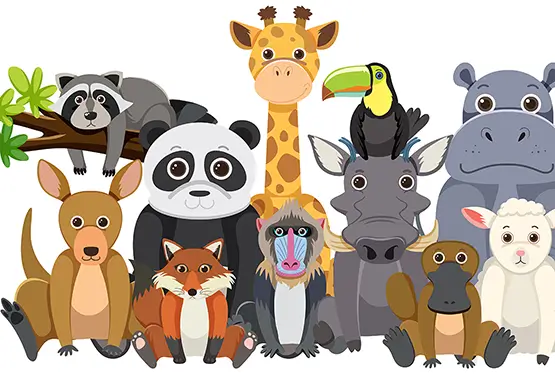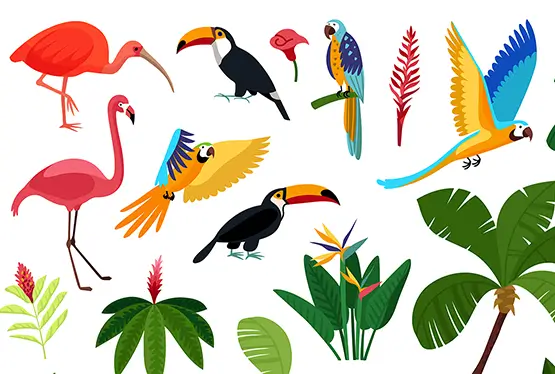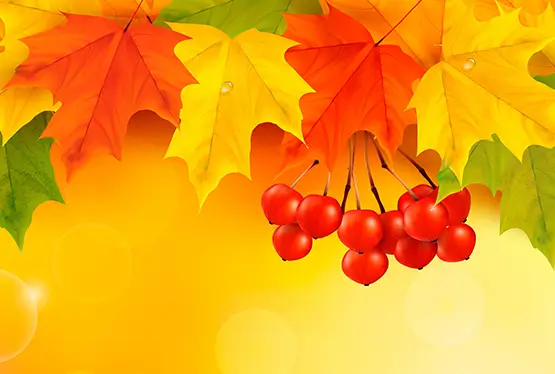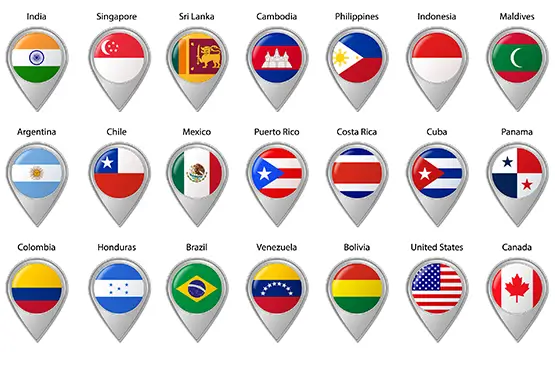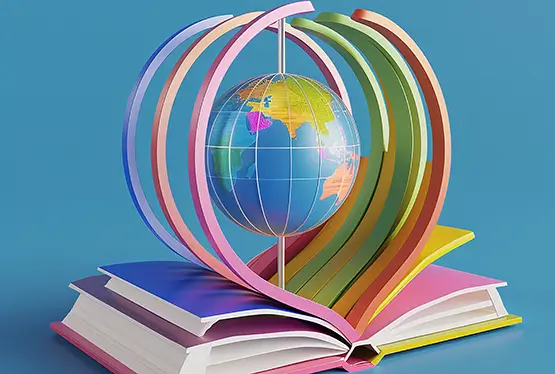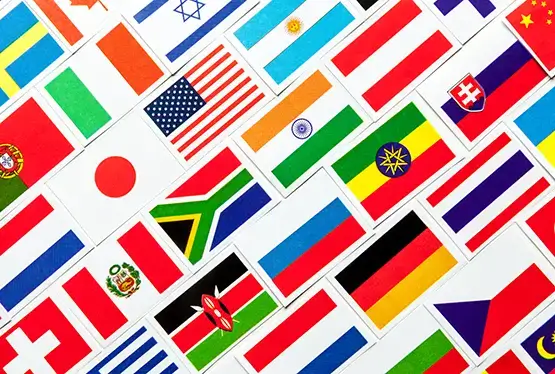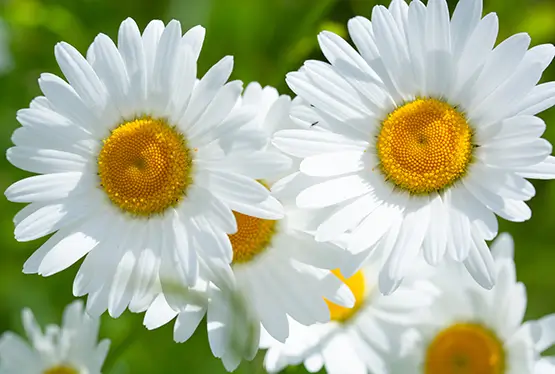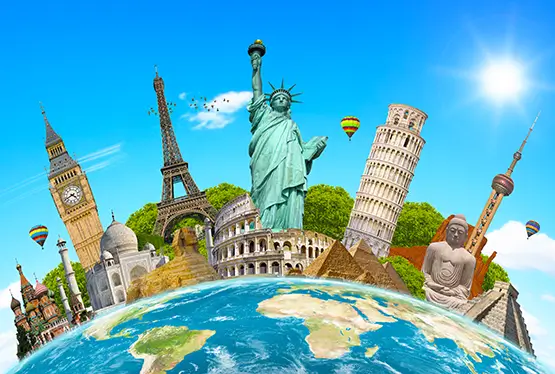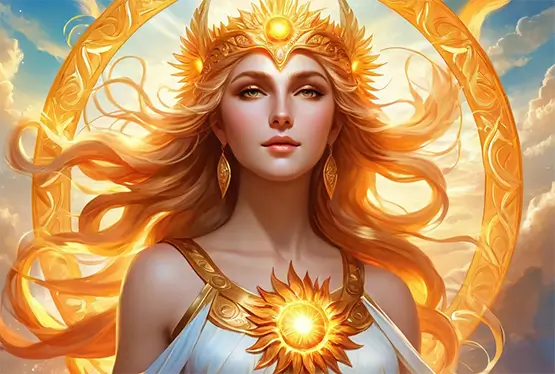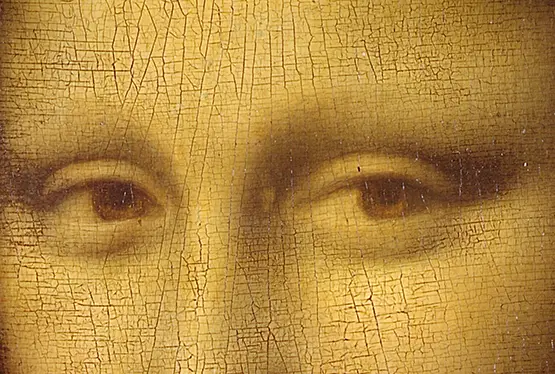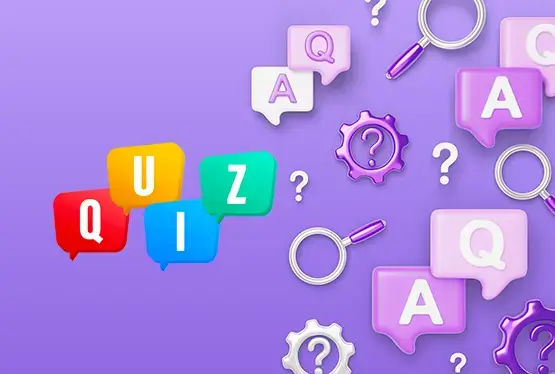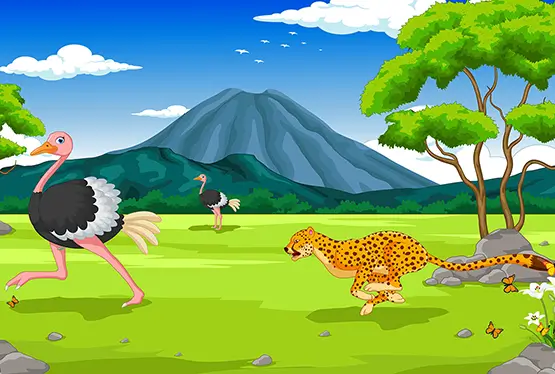Bee Hummingbird Pictures, images | Photography
Vote for the best Bee Hummingbird Picture
| Bee Hummingbird Facts | Bee Hummingbird Info | Bee Hummingbird Pics |
GK4 - Great Knowledge for Genius Kids
The New Year is a time of renewal, reflection, and celebration. Across the globe, people embrace this occasion with joy, gratitude, and hope for the future. From the lively fireworks in Sydney to the peaceful temple bells in Japan, New Year traditions vary widely but share a universal spirit of fresh beginnings. This article delves into the history, significance, global customs, and myths surrounding New Year, offering an engaging and comprehensive look at one of the most anticipated holidays of the year.
The History of New Year Celebrations
The celebration of the New Year dates back thousands of years. Ancient civilizations marked the new year based on their calendars, which often aligned with agricultural or astronomical events. The earliest recorded New Year celebration was in Mesopotamia around 2000 BCE, where the new year began during the vernal equinox. The Babylonians celebrated with an 11-day festival known as Akitu.
In 46 BCE, Julius Caesar introduced the Julian calendar, declaring January 1 as the start of the new year. This decision was in honor of Janus, the Roman god of beginnings and transitions, whose two faces symbolized looking back at the past and forward to the future. Over time, January 1 became widely recognized as the start of the new year.
New Year in Different Cultures
Not all cultures celebrate New Year on January 1. For instance:
- Chinese New Year: Based on the lunar calendar, it falls between January 21 and February 20. It features dragon dances, lantern festivals, and family reunions.
- Diwali (India): In some Indian traditions, the new year aligns with Diwali, symbolizing light overcoming darkness.
- Rosh Hashanah (Jewish New Year): Celebrated in the fall, it is a time for reflection, prayer, and the sounding of the shofar.
- Islamic New Year: Based on the Hijri calendar, the date varies annually and involves prayers and reflection.
Best New Year Greetings and Wishes
Sharing heartfelt greetings is a cherished tradition during the New Year. Here are some popular examples:
- 'Wishing you a joyous New Year filled with peace and happiness!'
- 'May your New Year be blessed with new opportunities and endless success.'
- 'Cheers to a year of health, happiness, and prosperity!'
These wishes resonate globally, reflecting universal aspirations for the future.
Global Traditions: How the World Celebrates
New Year celebrations vary widely across the globe:
- United States: The iconic ball drop in Times Square, New York, attracts millions of viewers each year.
- Japan: Temples ring their bells 108 times to cleanse the soul of worldly desires.
- Spain: Eating 12 grapes at midnight symbolizes good luck for each month of the coming year.
- Brazil: Many wear white clothing and offer flowers to Yemanjá, the goddess of the sea.
Quotes to Inspire a Joyful New Year
Quotes about the New Year can offer inspiration and hope. Some timeless favorites include:
- 'The new year stands before us, like a chapter in a book, waiting to be written.' – Melody Beattie
- 'Cheers to a new year and another chance for us to get it right.' – Oprah Winfrey
- 'Learn from yesterday, live for today, hope for tomorrow.' – Albert Einstein
Myths and Tales of New Year
Many myths and tales surround the New Year. One common belief is that the first person you meet on New Year’s Day brings good or bad fortune. In Scotland, this tradition is called 'First Footing,' where a tall, dark-haired man is considered a lucky first visitor.
In many cultures, cleaning the house before New Year’s Day is thought to sweep away bad luck and make way for good fortune.
The Cultural Significance of New Year
The New Year’s cultural significance lies in its universal themes of renewal and hope. It offers an opportunity to reflect on the past year’s achievements and challenges while setting intentions for the future. The celebration fosters a sense of unity as people worldwide come together to welcome a fresh start.
Conclusion
New Year celebrations are a testament to humanity’s enduring optimism and resilience. Whether you ring in the year with fireworks, prayers, or a quiet reflection, the sentiment remains the same: a collective hope for happiness, health, and success. Let us celebrate the New Year with gratitude for the past and excitement for the journey ahead.

























